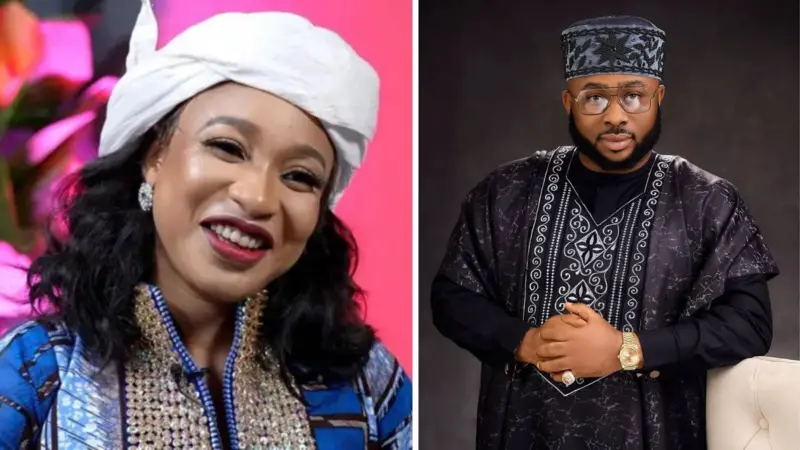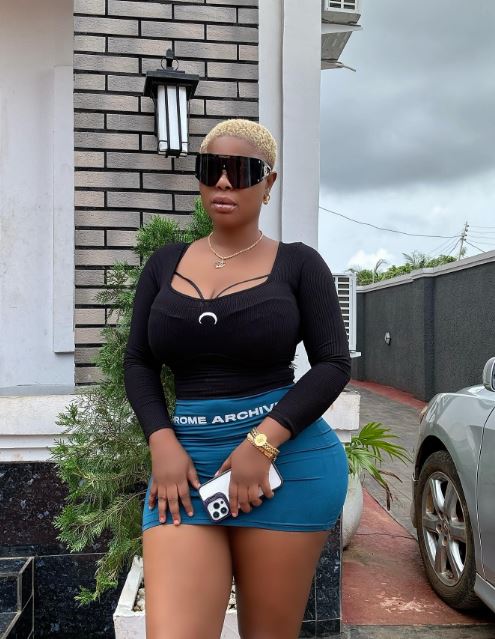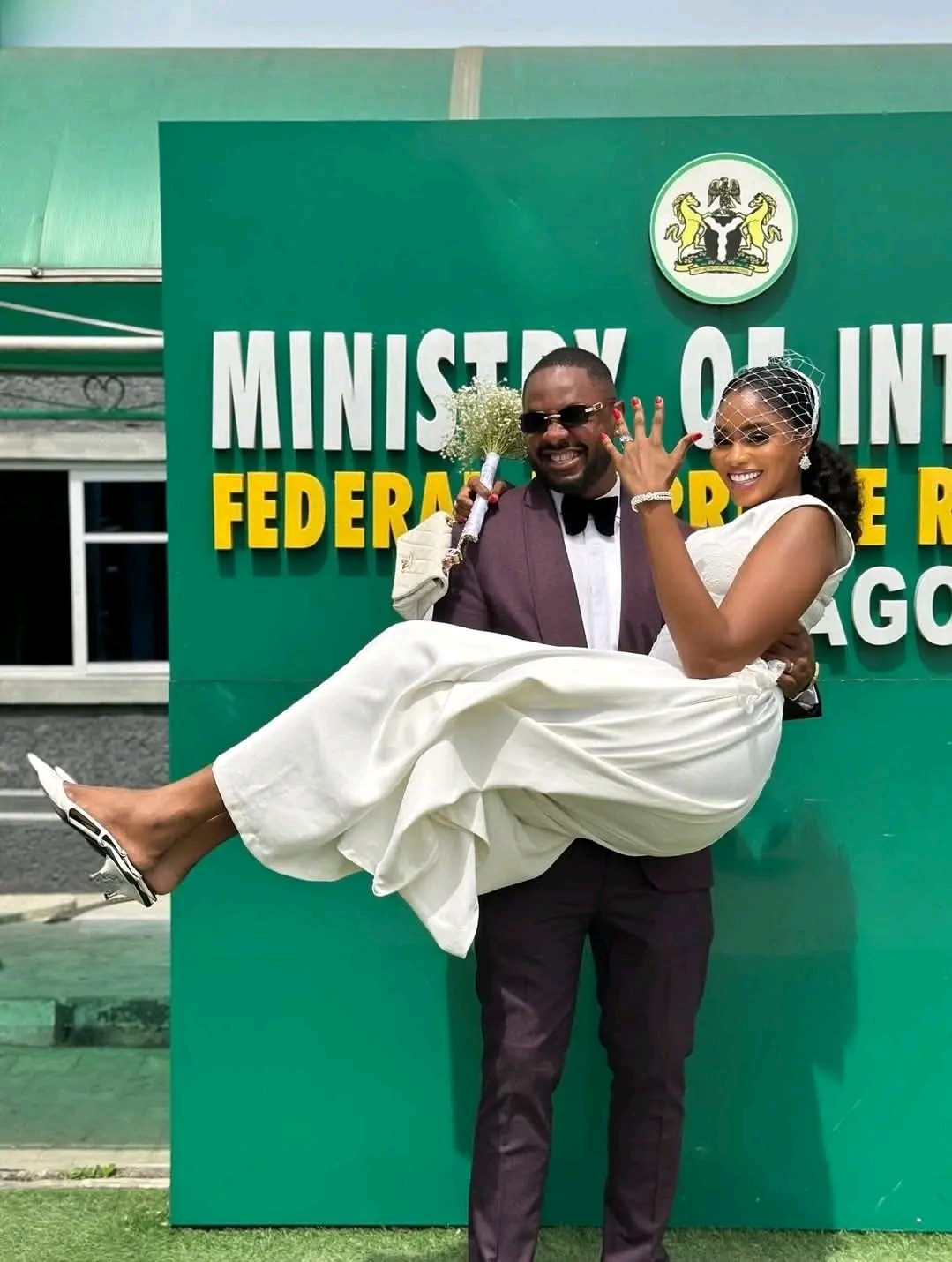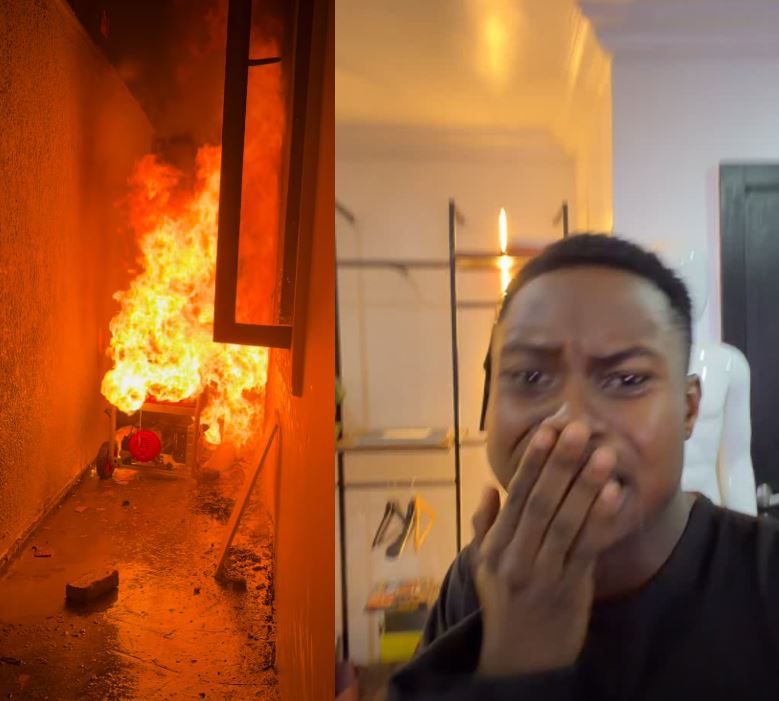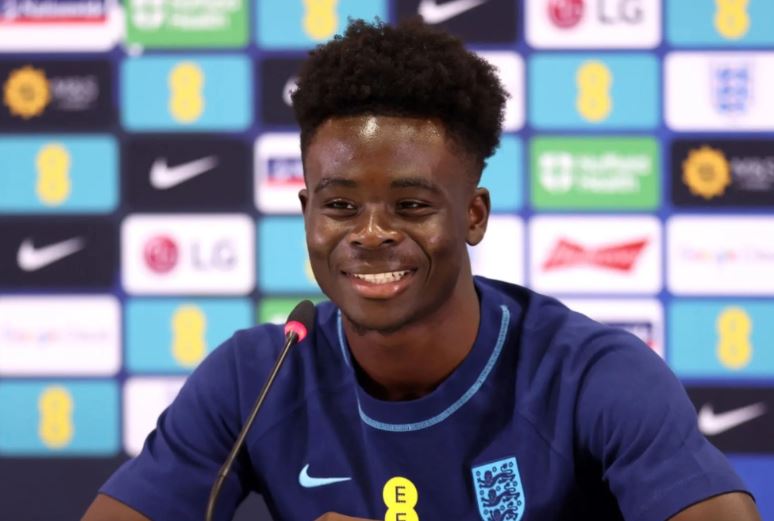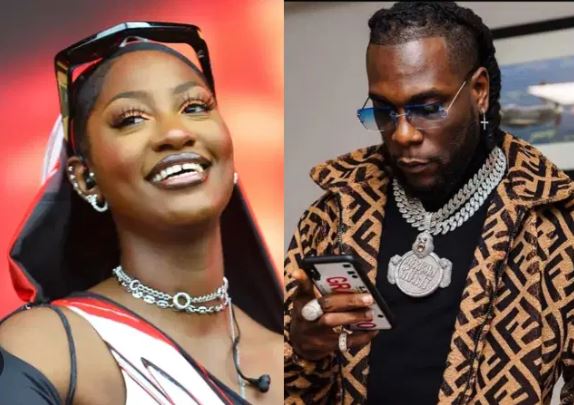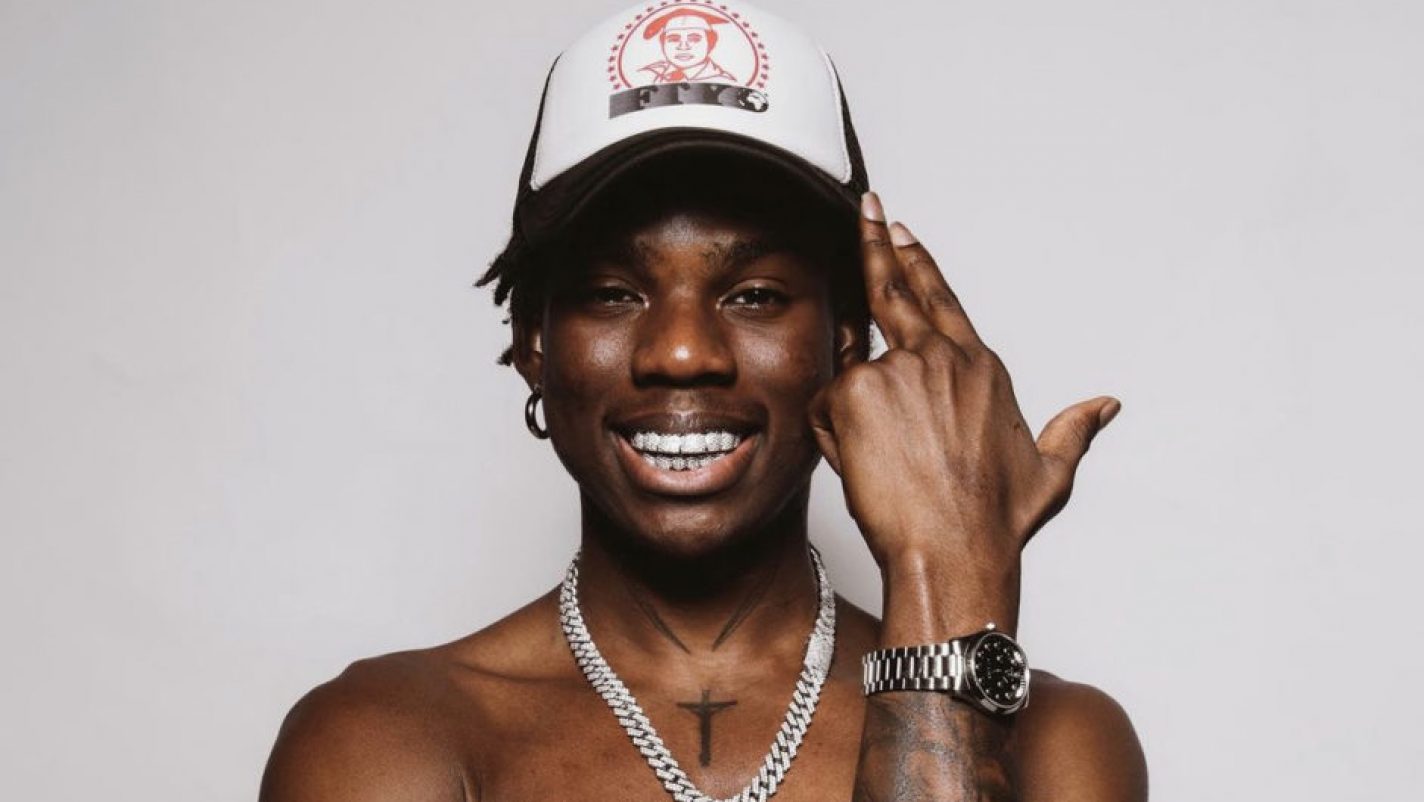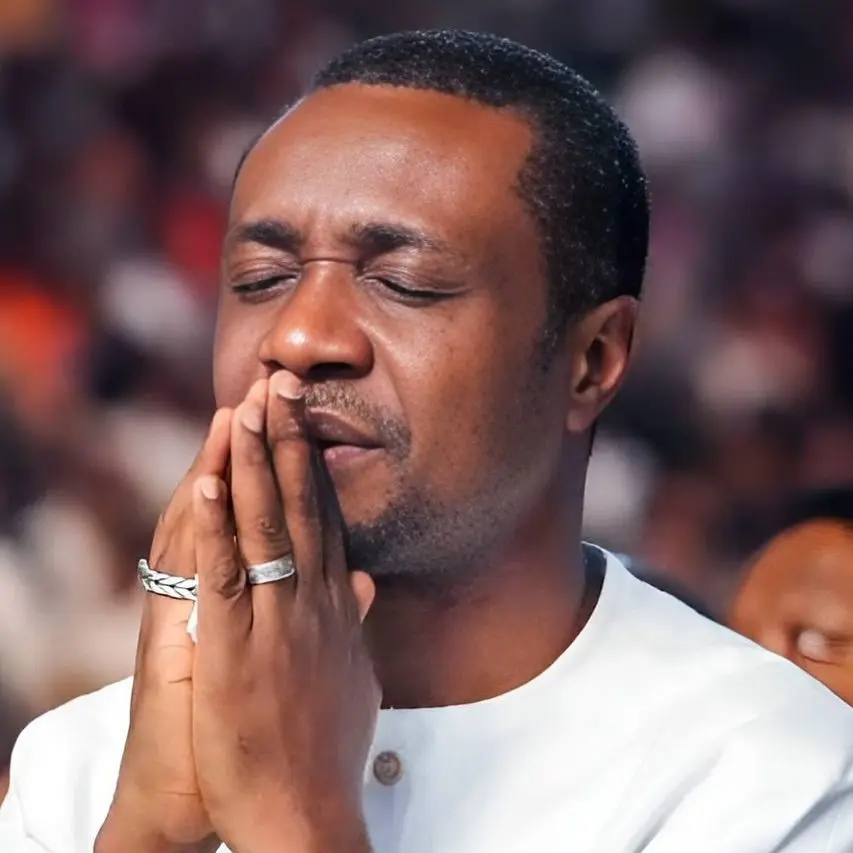A Maiduguri, Borno State-based cleric, Pastor Kallamu Musa Ali Dikwa, has unmasked those behind the activities of the dreaded Islamic sect popularly known as Boko Haram and forwarded their names to the Senate President, Senator David Mark, for necessary action.
The Nigerian Tribune authoritatively learnt that the cleric chronicled the activities of the sect in an open letter to the Senate President entitled, “Open letter to the Senate president: My Suggestion on how to tackle Boko Haram,” dated 17th June, 2011 but was received by the office of the Senate President on November 2, 2011.
Further investigation by the Nigerian Tribune showed that alarmed by the claims of the cleric in the open letter, which was supported with five DVD-CDs containing video clips of the activities of the sect and their sponsors, the Senate president reportedly referred the matter, along with the five DVD-CDs, to the appropriate Senate committee for a thorough investigation on February 29 this year but nothing was heard since then, because of the names of the prominent Nigerians and top government officials mentioned.
In the open letter, the cleric suggested that the Freedom of Information Act should be used to extract the phone numbers of the leaders of the Boko Haram group from journalists who had been receiving text messages and press releases from the group from time to time.
He advised that the government should start the crusade of ending the Boko Haram menace in the country by fishing out its officials and security agents supporting the terrorist group since it had now been established that the group was being supported by prominent Nigerians, top government officials and decurity personnel.
The cleric, who identified the head of one of the prominent Federal Government agencies as the financial secretary of the group, alleged in the letter that the “Islamic Revolution has a security committee” with a former principal officer in the Senate, as well as a former governor from the North as members, saying that the main aim of the group was to Islamise the country through Jihad.
Pastor Dikwa also revealed all his interactions with the now late leader of the group, Mohammed Yusuf, since 2006 till he was killed and why he was killed and why the group continued to attack churches, security personnel and installations.
When contacted, the Special Adviser to the Senate President (Media), Mr Kola Ologbondiyan, said that he was not aware of the said sensitive letter but promised to find out from the appropriate quarters.
However, another top aide to the Senate president told the Nigerian Tribune in confidence that the office received the letter and, as usual, passed same to Senator Mark and that he immediately sent it to the appropriate quarters for a thorough investigation because of its sensitivity.
According to the source, “it is true, a letter like that was received from a cleric. I can’t remember his name again but the Senate president acted on it. Maybe the investigation is still in progress, I don’t know. But now that you are raising it [the issue], we will find out. The claims of the cleric are nothing that can be overlooked; something will have to be done.”
Meanwhile, a London-based charity organisation, Al-Muntada Trust Fund, has been accused by a British member of parliament of funding Boko Haram in Nigeria, according to a report released by British newspaper The Guardian on Sunday.
David Alton, a member of the House of Lords, raised concerns about the Al-Muntada Trust Fund’s activities with Foreign Office minister, Lord Howell, in July, as well as with the United Kingdom’s Charity Commission and the Metropolitan police.
However the charity commission stated that while it was aware of concerns regarding Al-Muntada’s affiliations with Boko Haram, it was unable to confirm whether those concerns were directly related to the London-based Al-Muntada, since there were several other charity organisations registered under the same name, according to The Guardian.
Nevertheless, the London-based Al-Muntada is notorious for being a platform for radical clerics, The Guardian reported.
Nigerian state security also has concerns with Al-Muntada allegedly funding Boko Haram, according to Nigerian media reports.
Boko Haram has been conducting violent activities in Nigeria since 2009, usually by blowing up churches. The Nigerian Army announced on Friday the killing of seven suspected Boko Haram members and the arrest of 13 others, according to BBC news.
BBC news quoted Lieutenant Colonel Sagir Musa who said the killings and arrests took place after “a group of gunmen suspected of being Boko Haram,” attacked a military checkpoint.
The attacks came a day after Boko Haram released a statement claiming responsibility for attacking a number of mobile telecoms installations, according to Reuters.
In their statement, Boko Haram explained their actions, accusing the mobile installations of giving security personnel information about them, vowing to “continue attacking them until they stop,” Reuters reported.
Boko Haram also vowed not to “leave any correspondent or staff of the Voice of America (VOA), alone”, according to VOA. The Islamist group accused VOA of having taken “the task of harming our religion.”
Boko Haram, a term which means that western teachings are prohibited, is an organisation seeking to impose Islamic Shari’a law in Nigeria, especially in the Muslim-majority North. It is affiliated with Al-Qaeda in the Islamic Maghreb.

